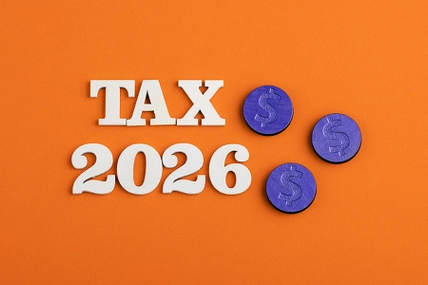On June 22 last year, the National Assembly passed Law 20/2023/QH15 on E-Transactions, replacing its 2005 predecessor. Composed of 53 articles arranged in eight chapters, the Law provides for the implementation of transactions by electronic means with the wider scope of regulation as compared to the 2005 Law.
Effective from July 1 this year, the Law is expected to be a step toward promoting and standardizing e-transactions in Vietnam.
Outstanding policies introduced in the Law
Firstly, the Law helps many current laws take immediate effect in the digital environment. It says that e-transactions are as valid as and may be used in substitution for conventional transactions.
Secondly, the Law serves as an important legal foundation to develop e-transactions comprehensively at all stages to thoroughly implement from the very first stage to the last stage of e-transactions and promote digital transformation. It will also optimize procedures and shorten processing time to make e-transaction more convenient than other transaction methods.
Thirdly, the Law removes obstacles in performance of e-contracts, providing a legal basis for ministers to issue regulations on e-contracts in sectors and fields under their management.
Fourthly, the role of national digital platforms, the National Data Exchange Platform and the National Digital Architecture Framework is included in the Law.
Lastly, the Law clarifies the policy on data sharing, and online supervision, monitoring and inspection. It sets an important legal ground for the state management with the use of big data instead of the state management by conventional method.

Data messages
The Law devotes the whole Chapter II to regulating the legal validity, sending and receipt of data messages, and e-certificates.
Article 8 of the Law underlines that information in a data message cannot have its legal validity denied for the sole reason that it is expressed in the form of data message.
A data message may be created and generated during the process of e-transaction or converted from paper documents, and presented in the form of e-document, e-record, e-certificate, e-file, e-contract, email, telegram, telegraph or facsimile and other forms of e-data interchange as prescribed by law.
With a view to facilitating the use of data messages in e-transactions, the Law specifies conditions for data messages to be as valid as paper documents, original documents or evidence, and requirements for conversion between paper documents and data messages.
E-signatures
E-signatures are classified by scope of use, including specialized e-signature, public digital signature, and specialized digital signature for public duty. The requirements for these e-signatures are set in Article 22 of the Law.
The use of other certification methods by electronic means for indicating the signatory’s approval of data messages other than e-signatures must comply with other relevant laws.
Noticeably, the Law sets out in Article 26 conditions for recognition of foreign e-signature authentication service providers in Vietnam and recognition of foreign e-signatures and e-signature certificates in Vietnam.
At the same time, under Article 27, the Law gives provisions on foreign e-signatures and e-signature certificates accepted in international transactions. These include foreign e-signatures and e-signature certificates of foreign organizations and individuals that are not present in Vietnam, which are valid in the data messages sent to Vietnamese organizations and individuals. It is stated in the Law that organizations and individuals will select and be held responsible for accepting foreign e-signatures and e-signature certificates in data messages in international transactions.
Trust services
Under Article 28 of the Law, trust services are conditional business lines, including time stamping service, data message authentication service and public digital signature authentication service. A trust service provider may register one or more than one of the aforesaid services.
A trust service provider must possess a license for provision of trust services granted by the Ministry of Information and Communications, except the e-contract authentication service in commercial transactions. The validity period of a license is 10 years.
Providers of the e-contract authentication service in commercial transactions must satisfy the conditions for provision of the e-contract authentication service specified under the law on e-commerce and the conditions for provision of trust services mentioned in Article 29 of the Law.
By: VLLF











